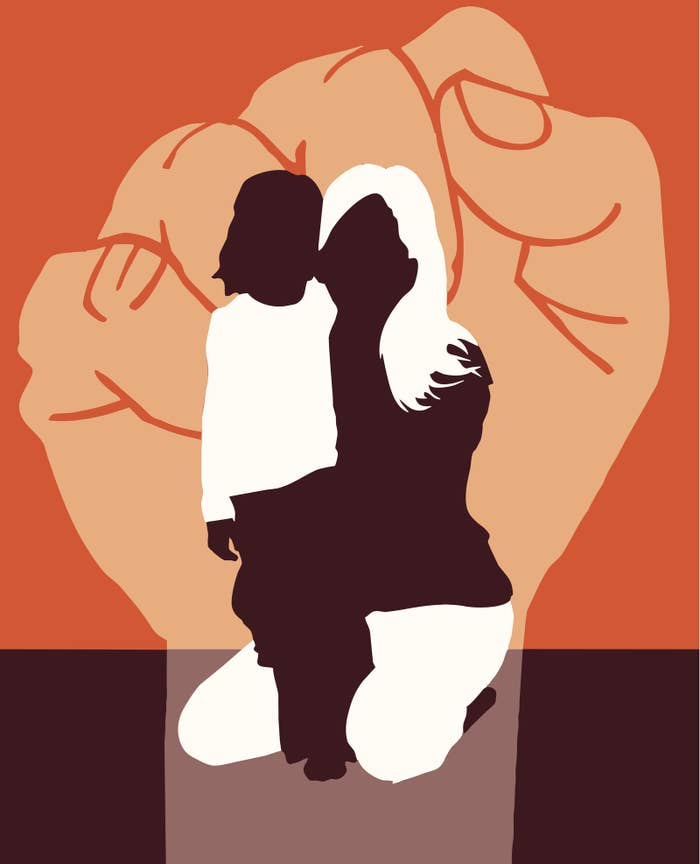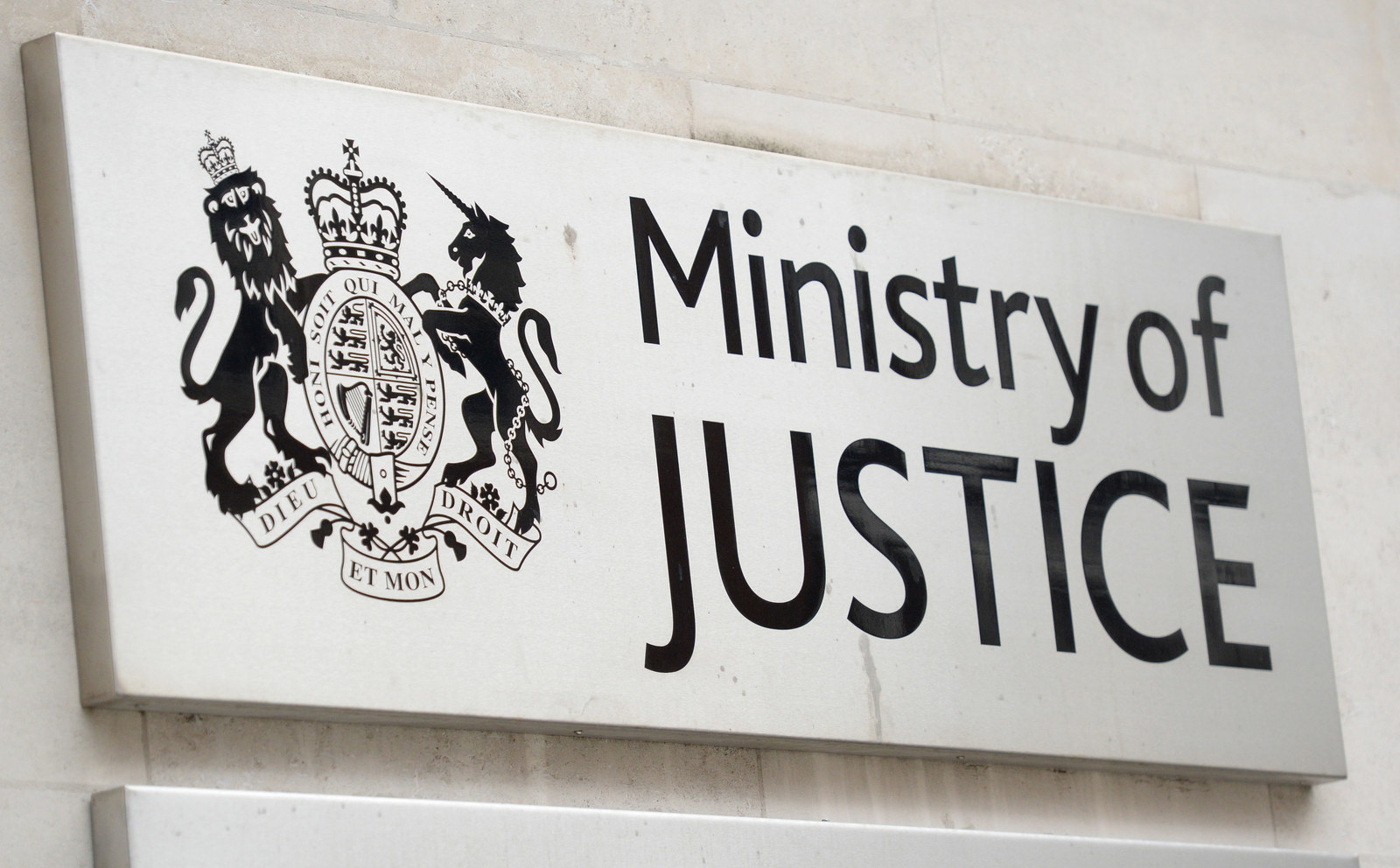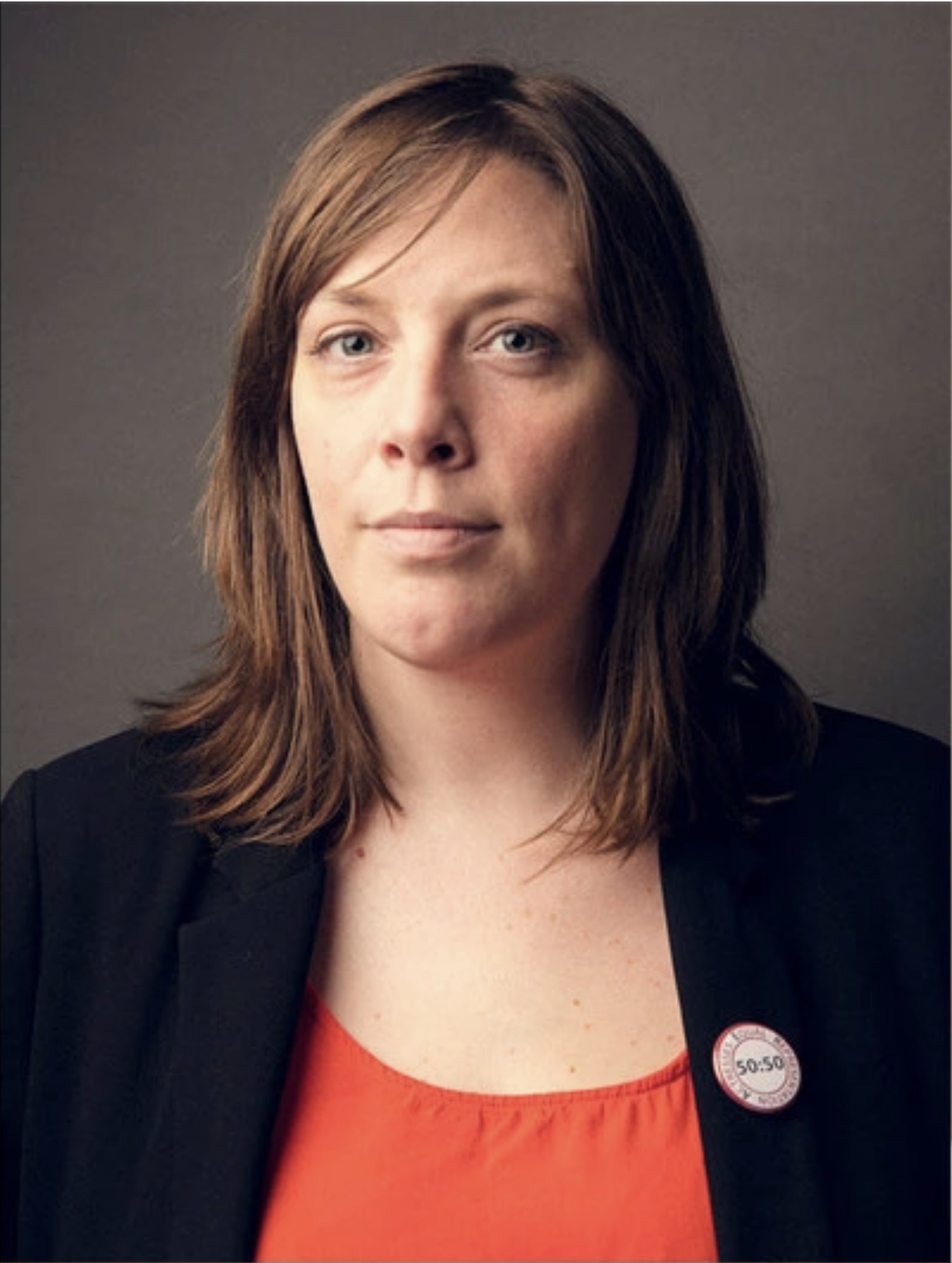
Sophia thought that once she asked her abusive ex-partner to leave, life would improve for her and her children.
Instead, she said, he continued to exert control over her, accused her of neglecting the children, took her to court to win custody – and ultimately convinced the family court to take his side.
Sophia, whose real name is not being used to protect the identities of herself and her children, told BuzzFeed News she had reported her ex to the police after she was left fearing for her life, and that medical professionals found no evidence of the neglect he had accused her of.
But, she said, her former partner was allowed to cross-examine her in court, using the involvement of social services against her, and the court decided to grant him residency.
Sophia is now taking antidepressants and is unable to work, and she has to rely on food banks to feed her children when they come to visit. She does not dare challenge the decision made by the judge, fearing that she may lose access to her children altogether.
Her experience is not unique. Survivors of domestic abuse have called for a radical overhaul in the family court system after a report, released today, found systemic gender discrimination in the family courts is putting children at risk.
The report, from the charity Women's Aid and Queen Mary University London, found that harmful attitudes towards domestic abuse survivors from lawyers, the judiciary, and employees of the Children and Family Court Advisory and Support Service (Cafcass) are leading to women being discriminated against in the family court, which in turn is putting children at risk.
Following Sophia's split from her former partner, the children were seen by a number of medical professionals over several years, who she said found no evidence the children were suffering from neglect.
She also told BuzzFeed News she called police a number of times to report incidents of violence, including one in which she feared for her life – which was the catalyst for her telling him to leave.
After her ex-partner left, Sophia said, he continued to exert control over her by criticising her parenting, which led to social services being involved and ultimately to her losing custody of her children.
Despite being "angry, upset, and shocked" by concerns about her children's welfare, she said she complied with all of the professionals' requests and took them to appointments as directed, until these were discontinued when no issues were found.
"It was easy to say 'these people have been involved' and 'these people have been involved'," she told BuzzFeed News. "It was easy for them to say that there had been issues in the children's care. It was a very dirty use of it – I was really shocked."
She added: "He was trying to control [me], he was trying to get what he wanted and get the children. Not to have the children, but to leave me without the children – it was completely that."
Sophia said she experienced coercive control and physical and emotional abuse in the relationship, some of which was witnessed by the children, with one intervening to protect her at the age of just 3.
She said she suffered "years of being dragged about" her house. Her ex-partner would control her finances, choose her clothes for her, and encourage her to get pregnant repeatedly, she said. At the time, she said, she "didn't know much about domestic violence and the way it develops".
"I got bruised on two or three occasions," she told BuzzFeed News. "The children witnessed some of it, and there was shouting."
Eventually, she asked him to leave after one particularly violent incident. "I said to myself, 'Is this the bit where I die?'
"Everything slows down, but I thought 'I've got legs' and kicked him, kicked him where it hurts, and ran for the house phone and called the police," she told BuzzFeed News.
However, she said, as she had retaliated to defend herself on one occasion, the first Cafcass worker dismissed the violence as mutual, referencing it in only two lines of their report. The second Cafcass worker, she said, resubmitted the first worker's report without asking any of their own questions.

"I have to put away the shame and say 'thank you for this blessing'," she told BuzzFeed News about using food banks. "You get extra treats at Christmas and Easter, and it's lovely. I'm so grateful it's there. It's really tough to parent in this situation."
Sophia said that she feels she cannot appeal – a solicitor once warned her that doing so may result in her ending up with less access to her children. But she feels completely let down by the family court system.
"Nobody understood, nobody got it, nobody cared," she told BuzzFeed News. "I believed that if I sat in the courtroom and didn't throw dirt back, with my integrity the judge would see the truth. I was completely wrong – that didn't happen. I was utterly shocked.
"It's hard to be a part-time mum. It's hard to miss things, to catch up, to have a text message relationship with them. If the court wasn't fair and the judge wasn't fair, where do we go with that?"
And Sophia's isn't the only one. The report collected quantitative and qualitative data from 72 women living in England. Researchers found a prevalence of damaging gendered stereotypes and harmful attitudes towards domestic abuse survivors and mothers, which they say is putting survivors and their children’s safety at risk and preventing women from accessing justice.
One-quarter of survivors who responded to the survey said that they had been cross-examined by their abusive ex-partner during the court hearings; more than 60% said that there were no special measures in place at the court – such as separate waiting rooms, different entry and exit times, or a screen or video link – to prevent them from having to come into contact with their abuser.
Almost 70% of the women surveyed said that their abusive ex-partner had also been emotionally abusive towards their child or children, while almost two in five said their abusive ex-partner had also been physically abusive to the children.
Survivors said they were seen as unstable by judges, barristers, and Cafcass officers, or were blamed for their abuse, or disbelieved.
Rachael, whose real name is also not being used, was taken to court by her ex-partner, who wanted access to their child. He has a string of previous convictions for violence against women and men, and had served time in prison for attacking her while she was pregnant. She also had a restraining order against him and had reported him to the police several times since his release from prison.
Her ex-partner had also been violent to her child, she told the court. She intervened at the time to stop the abuse, but never reported it to police, she said, fearing the child would be taken away.
"He is extremely violent," she told BuzzFeed News. "He does cocaine and other drugs socially. He was abusive at home, had no patience with [my child], but he wanted me to give him contact with my child."
Rachael said she was completely unprepared for her experience of the family court and was shocked that the judge told her former partner that despite his previous actions, he had a right to see his child.
"I thought, I don't have a criminal record, the justice system in this country is amazing. They will see him for what he is," she said. "I had evidence, police statements. I thought, There's no way he'll get access to my child. I went in there confident that no one else would allow him access, but it didn't go that way."
The court ruled in her ex's favour, which Rachael said put both her and her child's safety at risk. The judge insisted that her ex-partner knew which school their child was attending after she moved house to protect herself, and granted her violent former partner supervised contact, which would then lead to unsupervised contact.
Rachael was also cross-examined by her former partner in court for three hours, which she said was "the worst experience of my life".
"It was horrendous," she told BuzzFeed News. "I've never, ever experienced anything like [it] and hope I never have to again. He asked about my sex life, about previous relationships, [said] my ex-partner was abusive – he was trying to make out it was me that sought out abusive men."
Rachael believes her partner only took her to court as another way of maintaining control. She estimates she paid £15,000 in legal fees, but he represented himself. After her child refused to go to visits, he now has only indirect contact – letters and phone calls.
"They're not interested in the actual child," she said. "Even when we were together he wasn't interested. It's about coercion and taking control."
Provisions were due to be brought in by the government to prevent abusive partners from questioning their victims in court, in the Prisons and Courts Bill, but the legislation was shelved after Theresa May called a snap general election last year.
"They called the election and scrapped that," Rachael said. "I was devastated. I was over the moon when it was going to parliament, but they're not going through with it, they're not bothered.
"[The government] need to realise it's an epidemic and it's not going to get any better. It's not going to stop unless they do something about it."
MPs and charities are now demanding that rules to stop cross-examination of former partners be introduced in the Domestic Abuse Bill. As yet, there are no specific commitments in the proposed bill to address the family courts’ failings, with the consultation process due to close on Thursday.
Labour MP Jess Phillips told BuzzFeed News the findings of the report, titled “'What about my right not to be abused?' Domestic abuse, human rights and the
family courts", were "no surprise."
"It's what we've been saying for two years now," she said. "And nothing has changed in that time. The head of the family court, James Munby, is leaving this year and promised to reform it in his time, but when the legislation fell nothing has changed. The government has got to incorporate this in the [Domestic Abuse] Bill."

Phillips said that that harmful attitudes towards mothers are entrenched in the family court system. "It's horrendous," she told BuzzFeed News. "I have hundreds and hundreds of cases where women have been failed by the family court system.
"There's no doubt in my mind that there's a bias against victims of domestic abuse in family court. In a lot of cases they collude with perpetrators. They make women go on mental health assessments – they believe they're unstable. And the problem is a lot of women just give up and allow violent partners access to the children."
"If you're a violent perpetrator", she added, "you are not a good father – that's the beginning, middle, and end. It's not a personal matter – that's not good parenting. If you're a violent perpetrator, it should be considered that you're a failing parent."
Phillips said it is a "massive disservice" for people to think that "family courts are skewed in favour of mothers. I've never seen a case where that's been the case."
Katie Ghose, chief executive of Women’s Aid, said: “We know that perpetrators of domestic abuse are using the family courts to continue to control and abuse victims, and that the sexist attitudes entrenched within the family courts are enabling that abuse."
“It is a matter of urgency that the government bans the unacceptable practice of the cross-examination of victims by abusers," Ghose said. "Survivors have been waiting over a year since the government committed to bring this legislation forward.
"We also want to see compulsory and ongoing training for all professionals – from judges and solicitors through to court support staff and Cafcass officers – on domestic abuse co-delivered by specialists like Women’s Aid. This must cover coercive control, post-separation abuse and how children experience domestic abuse so that all professionals can identify and understand domestic abuse to effectively safeguard children and non-abusive parents throughout the court process."
Shazia Choudhry, professor of law at Queen Mary University of London, said: “This research indicates that the human rights of these survivors to their family life and to be free from discrimination are not being given sufficient effect in the domestic family courts.
"Moreover, there is evidence of the family courts failing in their responsibility to prevent and investigate acts of violence towards these survivors and facilitating or failing to challenge a climate of gender discrimination within the courtroom. The findings of this research are deeply concerning and requires urgent attention from both the judiciary and the legal profession.”
A Ministry of Justice spokesperson said in a statement: "Domestic abuse destroys lives and children’s futures, which is why the Government has set out measures to better protect victims and bring more offenders to justice.
“We will legislate to ban the unacceptable practice of abusers cross-examining their victims in the Family Court as soon as possible.
“The law is clear that the child’s welfare is paramount, and it is for judges to determine what is best for the child after careful consideration of the facts in each case.”
